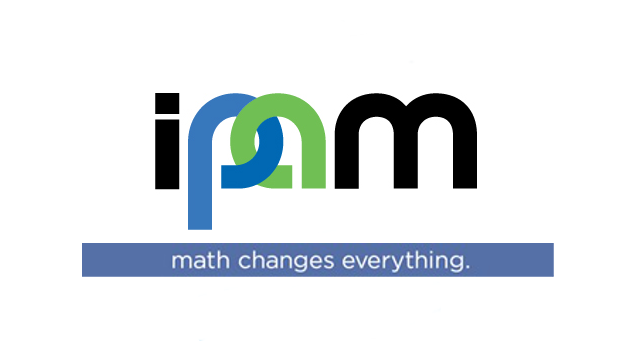Abstract
Oliver Cossairt
Northwestern University
Structured light 3D scanning systems are fundamentally constrained by limited sensor bandwidth and light source power, hindering their performance in real-world applications where depth information is essential, such as industrial automation, autonomous transportation, robotic surgery and entertainment. We have developed a novel structured light technique called Motion Contrast 3D scanning (MC3D) that maximizes bandwidth and light source power to avoid performance trade-offs. The technique utilizes motion contrast cameras that sense temporal gradients asynchronously, i.e., independently for each pixel, a property that minimizes redundant sampling. This allows laser scanning resolution with single-shot speed, even in the presence of strong ambient illumination, significant inter-reflections, and highly reflective surfaces. MC3D will allow 3D vision systems to be deployed in challenging real-world scenarios requiring high performance using limited power and bandwidth.
